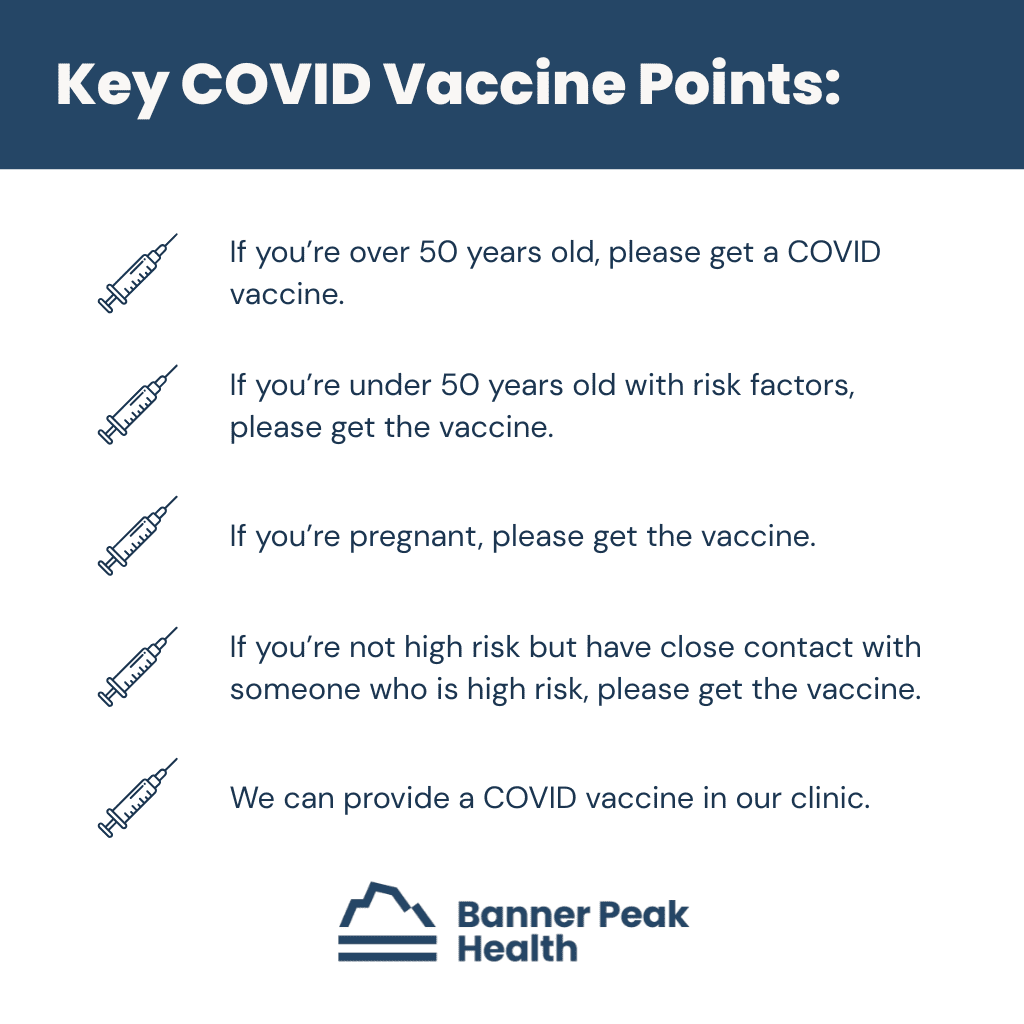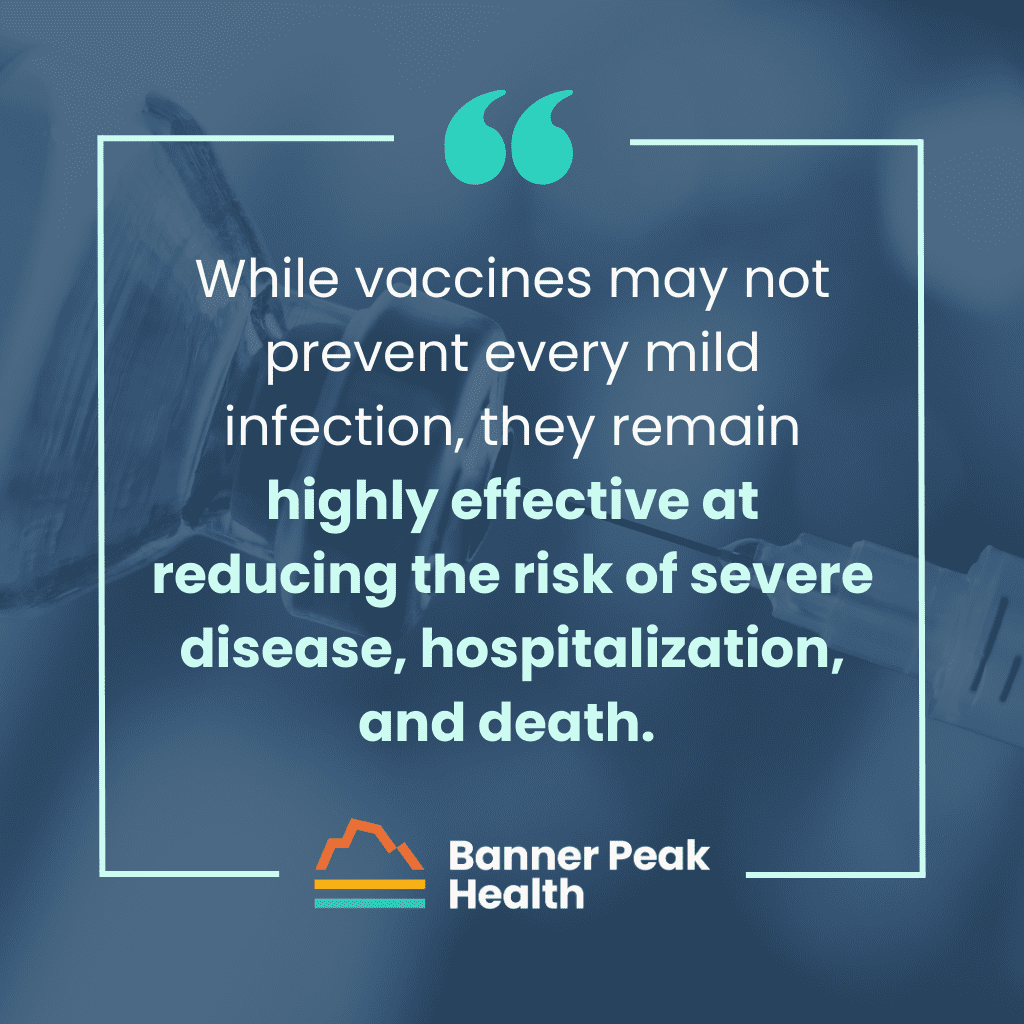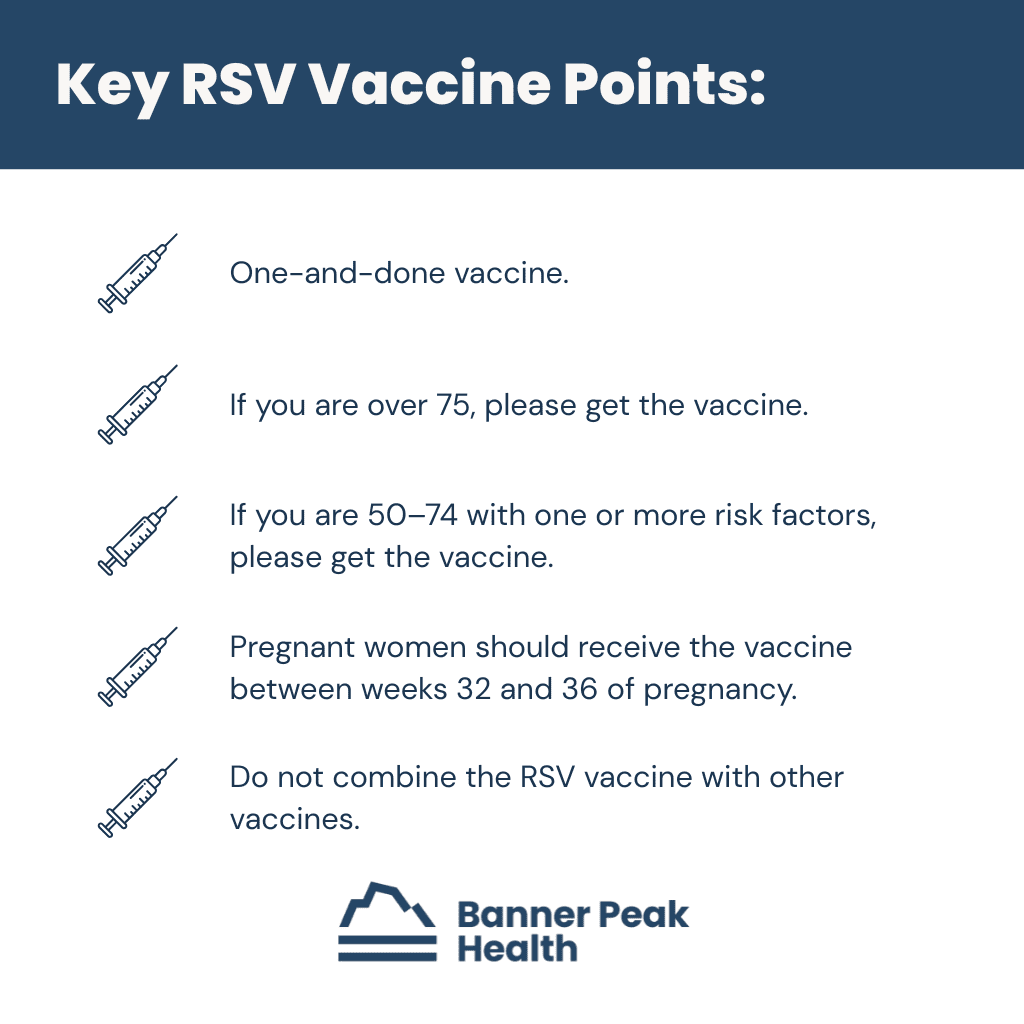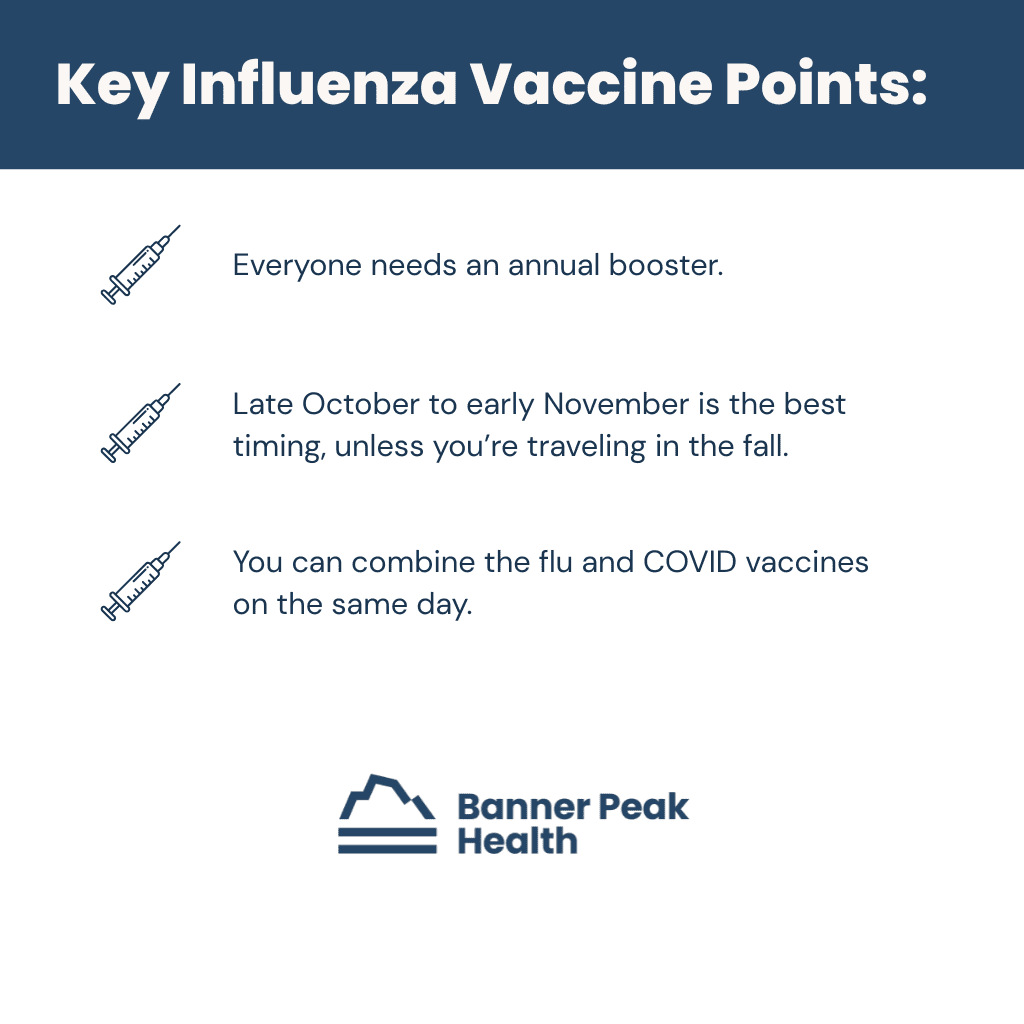COVID Vaccine
As the bumper sticker states, “If you’re not confused, you’re not paying attention.”
We’re releasing this year’s fall vaccine update amid a political storm that has engulfed health policy. Traditional sources of federal vaccine policy, such as the Centers for Disease Control and Prevention (CDC), the Food and Drug Administration (FDA), and the Advisory Committee on Immunization Practices (ACIP), have been dramatically altered from their prior policy positions.
For example, the ACIP has traditionally met in June and provided guidance for fall vaccine recommendations. However, the entire 17-member ACIP committee was dismissed on June 8, 2025. This panel contained experts in the fields of health policy, immunology, and vaccine research.
Robert F. Kennedy Jr. (RFK), Secretary of Health and Human Services, replaced the panel with eight appointees who have a history of vaccine skepticism and limited experience in vaccine science. The new panel met later in June but offered no guidance on the current COVID vaccine policy, a marked departure from prior June ACIP meetings.
The most current federal COVID vaccine policy stems from a directive issued directly by RFK Jr. in May 20251, bypassing the ACIP and the FDA’s August 2025 vaccine approval indications. In the past, COVID vaccination was recommended for everyone over six months old, including children and pregnant women. The current authorizations are drastically curtailed, with recommendations for adults 65 years and older and people of any age with at least one underlying health condition that increases the risk for severe COVID, such as obesity, cancer, diabetes, or an immunocompromised condition.
At Banner Peak Health, we continue to recommend COVID vaccination for anyone over the age of 50 as well as anyone over six months with a risk factor for a severe outcome from COVID, including pregnancy.
The discrepancy between our recommendations and the FDA’s can be reconciled by the extensive list of health conditions that qualify as risk factors. This list includes individuals with elevated BMI, heart disease, and chronic lung disease, as well as physically inactive individuals. We can find a route to meet the FDA indications for almost everyone.
Also, if you have close contact with someone at risk for severe COVID, you need the vaccine even if you aren’t at high risk.
This year, we’re partnering with VaxCare, a vaccine delivery company, which will allow us to expand the vaccines we provide in the clinic to include COVID vaccines. This year, our office has a supply of Pfizer’s COMIRNATY® 2025–2026 Formula.
The 2025 formulation has been updated to target the JN.1 variant, which dominated last winter’s wave. In addition, the FDA has recommended a shift toward the LP.8.1 sublineage, an offshoot of JN.1 that is now becoming more common.
This update is intended to restore protection as the virus evolves. While vaccines may not prevent every mild infection, they remain highly effective at reducing the risk of severe disease, hospitalization, and death.
Key COVID Vaccine Points:
- If you’re over 50 years old, please get a COVID vaccine.
- If you’re under 50 years old with risk factors, please get the vaccine.
- If you’re pregnant, please get the vaccine.
- If you’re not high risk but have close contact with someone who is high risk, please get the vaccine.
- We can provide a COVID vaccine in our clinic.
RSV Vaccine
RSV, short for respiratory syncytial virus, isn’t just a disease kids get. It can also cause serious illness in adults, especially as we get older or if we’re living with health issues like heart disease, COPD, or diabetes.
For folks over 60, RSV is now recognized as a leading reason for hospital stays, sometimes even landing people in the ICU, much like the flu does. The most significant risks are for people over 75, those in nursing or assisted-living homes, or anyone already dealing with chronic health problems. While healthy adults usually get a mild cold-like illness, those at higher risk can face pneumonia, worsening of their ongoing conditions, a long, slow recovery, and even death.
The respiratory syncytial virus (RSV) vaccine is entering its third season of use. Initial estimates of a markedly elevated risk of neurological autoimmune illnesses — such as Guillain-Barré syndrome and acute disseminated encephalomyelitis — have not been borne out with greater usage.
We agree with the current ACIP recommendations that all adults aged 75 and older receive the one-time vaccine. Adults ages 50–74 with one or more risk factors for severe outcomes should be vaccinated. Those who are pregnant should receive the vaccine between 32 and 36 weeks of gestation. We have a supply of Pfizer’s Abrysvo® (RSVpreF) vaccine.
Key RSV Vaccine Points:
- One-and-done vaccine.
- If you are over 75, please get the vaccine.
- If you are 50–74 with one or more risk factors, please get the vaccine.
- Pregnant women should receive the vaccine between weeks 32 and 36 of pregnancy.
- Do not combine the RSV vaccine with other vaccines.
Influenza Vaccine
No controversy here2. We have solid evidence that influenza vaccination reduces the risk of illness, hospitalization, and death in children and adults. Therefore, we recommend it for everyone.
We recommend you wait until October to receive your influenza vaccination. A slight delay ensures the vaccine’s three to four months of peak protection come a bit later in the flu season, which peaks late in California and can last through April/May.
However, if you plan to travel in October, receiving the vaccine in September is okay. This way, your body has adequate time to respond to the vaccine before traveling.
This season, we have a supply of Sanofi’s Flublok® vaccine, which we prefer over other vaccines due to its documented better efficacy: It contains more hemagglutinins than the standard quadrivalent flu vaccines.
For those over 65, we have Sanofi’s Fluzone High-Dose®, which supplies a slightly higher stimulus to the immune system for those old enough to recall black and white television sets and “stick shift” cars.
Emerging data demonstrates that receiving an influenza and COVID vaccine simultaneously doesn’t cause appreciably more side effects and can reduce the total amount of time you spend feeling “off.” That means you can get all your vaccines in one sitting and “just get it over with.”
Key Influenza Vaccine Points:
- Everyone needs an annual booster.
- Late October to early November is the best timing, unless you’re traveling in the fall.
- You can combine the flu and COVID vaccines on the same day.
The Bottom Line
Now is the time to plan your fall vaccine schedule. Please call the office to schedule your vaccinations.
If you have mild cold or flu symptoms, you can still receive a vaccine. However, if you have a fever or more severe symptoms, please delay receiving a vaccine.
Sincerely,
Barry Rotman, MD
Waheeda Hiller, MD
Lindsay Klein, MD
Ari Katz, MD
1. Most of the media focused on the change in populations recommended to receive the COVID vaccine, which overshadowed the potential impact of requiring randomized placebo-controlled trial data to approve future iterations of COVID vaccines. The original COVID vaccine trials were conducted in 2020 and 2021 and followed a traditional randomized placebo-controlled format with large numbers of people receiving the new vaccines. Subsequent years’ vaccines have been approved based on the same FDA biologics framework used for seasonal influenza updates. Manufacturers submitted immunogenicity and safety data (not new placebo-controlled efficacy trials). Running large placebo trials each season would be impractical and unethical once safe, effective vaccines were already available. In fact, there would most likely not be time to conduct such trials each year, given the time imperative to generate a new vaccine each year to target that year’s anticipated new strain. The directive would severely curtail pharmaceutical companies’ ability to annually upgrade COVID vaccines to adapt to emerging strains.
2. Okay, a bit of controversy. At its June 2025 meeting, the newly formed ACIP recommended removing thimerosal (a mercury-based preservative used in multidose vials) from all US influenza vaccines. This recommendation was based on their belief that the mercury in the vaccine preservative created a risk of neurological disease in children. Extensive medical research on the topic has disproven this idea. RFK Jr. made this official policy on July 23, 2025, raising concerns that eliminating the entire supply of multidose influenza vaccines would lead to a flu vaccine shortage for the 2025–2026 season. Fortunately, multidose vials represent only 5% of this season’s supply and will NOT compromise the vaccine’s availability in single-dose vials.

Barry Rotman, MD
For over 30 years in medicine, Dr. Rotman has dedicated himself to excellence. With patients’ health as his top priority, he opened his own concierge medical practice in 2007 to practice medicine in a way that lets him truly serve their best interests.







